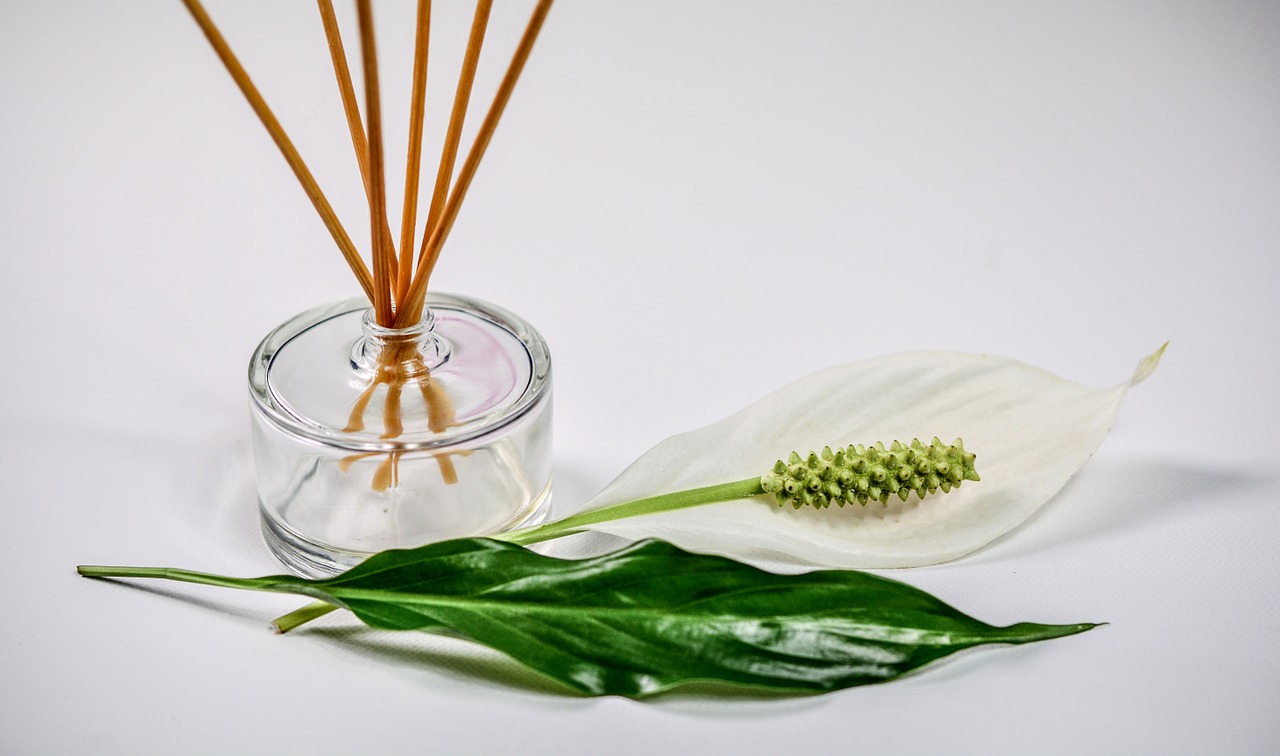In January 2018 researchers from Australia and the USA published the results of their study to assess the incidence and types of effects fragranced products have on asthmatics in the American population. A total of 1,137 individuals were included in the study. Information was collected via an on-line survey and 27% responded as being medically diagnosed with asthma or an asthma-like condition. Results showed that 64% of asthmatics had experienced one or more types of adverse health effects from fragranced products, including respiratory problems (43%), migraine headaches (28%), and asthma attacks (28%). Overall, asthmatics were more likely to experience adverse health effects from fragranced products than non-asthmatics. A further analysis revealed that 41% of asthmatics reported health problems from air fresheners or deodorizers, 29% from scented laundry products coming from a dryer vent, 42% from being in a room cleaned with scented products, and 46% from being near someone wearing a fragranced product. Of these effects, 63% would be considered disabling under the definition of the Americans with Disabilities Act. It was also seen that 99% of asthmatics are exposed to fragranced products at least once a week, with 37% being unble to use a public restroom if it has an air freshener or deodorizer, and 40% would enter a business but then leave as quickly as possible due to air fresheners or some fragranced product. Furthermore, 35% of asthmatics reported losing work days or a job in the past year, due to fragranced product exposure in the workplace. More than twice as many asthmatics would prefer that workplaces, health care facilities and healthcare professionals, hotels, and airplanes were fragrance-free rather than fragranced.
Steinemann A. Fragranced consumer products: effects on asthmatics. Air Qual Atmos Health. 2018;11(1):3-9.

